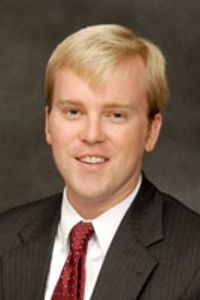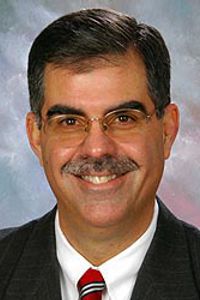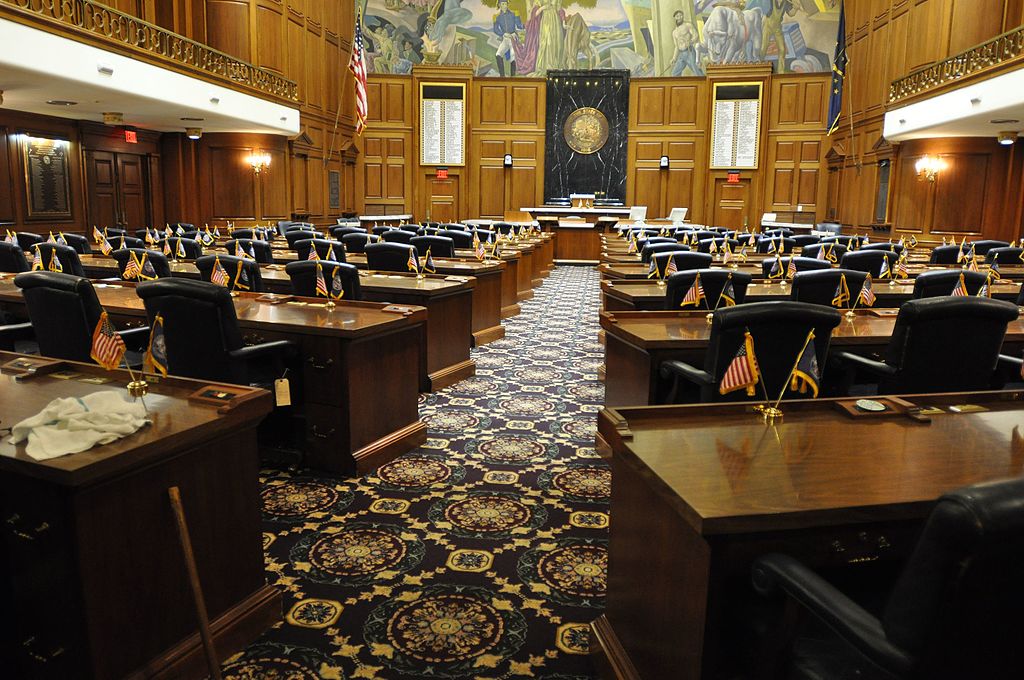Author: Sarah Doyel
-
Grant leaves Florida legislature for state executive role, ends re-election bid

Florida state Rep. James Grant (R) ended his re-election campaign for his District 64 seat on August 12, resigning from the state legislature in order to take a position as the state’s chief information officer. Grant was first elected to represent the district in 2012, having previously represented District 47 in the 2011-2012 legislative session.…
-
Mason confirmed as New Hampshire Fish and Game executive

The New Hampshire Executive Council confirmed dairy farmer Scott Mason as the New Hampshire Executive Director of Fish and Game on August 5. Governor Chris Sununu (R) initially appointed Mason on June 10 of this year. Mason will serve a term ending in March 2024. He succeeds three-term executive director Glenn Normandeau, whose third and…
-
DeSantis appoints judge, attorney to Florida Court of Appeals

On July 29, Florida Gov. Ron DeSantis (R ) filled two vacancies on the Florida Second District Court of Appeal. The court is one of five intermediate appellate courts in Florida. Intermediate appellate courts serve as an intermediate step between the trial courts and the courts of last resort in a state. The Florida District…
-
Davis joins Tennessee Court of Appeals after delayed confirmation

Over 60 days after Gov. Bill Lee (R) appointed Kristi Davis to the Tennessee Court of Appeals, Davis was confirmed and sworn into office. She resigned from her position on the state’s Sixth Circuit Court on July 31 and assumed office on the appellate court on August 3. Davis fills the vacancy created by the…
-
Taylor leaves Wisconsin Legislature, replaces Karofsky on Dane County Circuit Court

Rep. Chris Taylor (D) resigned from the Wisconsin State Assembly on August 1 to be sworn in as the new Branch 12 judge on the Dane County Circuit Court that same day. Taylor fills the vacancy created by Jill Karofsky’s election to the Wisconsin Supreme Court. Karofsky left the circuit court to be sworn in…
-
Serafini resigns from Maryland State Senate

Maryland Sen. Andrew Serafini (R) resigned from the state legislature on August 1, citing the demands of his more than decade-long tenure in state government as a motivating factor. Serafini represented District 2A in the Maryland House of Delegates from 2009 to 2015, assuming office in the Maryland State Senate in February 2015. Serafini wrote…
-
Conrad resigns from North Carolina House

At 5pm local time on July 31, North Carolina Rep. Debra Conrad (R) resigned from her position in the state legislature. She was first elected to represent District 74 in the North Carolina House in 2012. Conrad didn’t specify the reason for her departure in her resignation letter, but told various media outlets that she…
-
Bosma resigns from Indiana House of Representatives

More than seven months after he disclosed his plans to resign, Rep. Brian Bosma (R) stepped down from the Indiana House of Representatives on July 31. Bosma first made the announcement in November 2019 that he planned to resign from the state legislature at the end of the 2020 legislative session, which ended in March.…
-
Householder removed as speaker of the Ohio House of Representatives

Amid an ongoing federal investigation, the Ohio House of Representatives voted unanimously on July 30 to remove Rep. Larry Householder (R) from his leadership position as house speaker. State representatives introduced the motion for removal shortly after a federal grand jury indicted Householder on racketeering charges. The House voted 55-38 that same day to select…
-
Lujan appointed to New Mexico House of Representatives

The Santa Fe County Commission appointed Tara Lujan (D) to the New Mexico House of Representatives on July 23. Lujan fills the District 48 seat vacated by Linda Trujillo (D) on July 9, when Trujillo resigned in order to focus on full-time work due to the coronavirus pandemic. Lujan will serve in the New Mexico…

